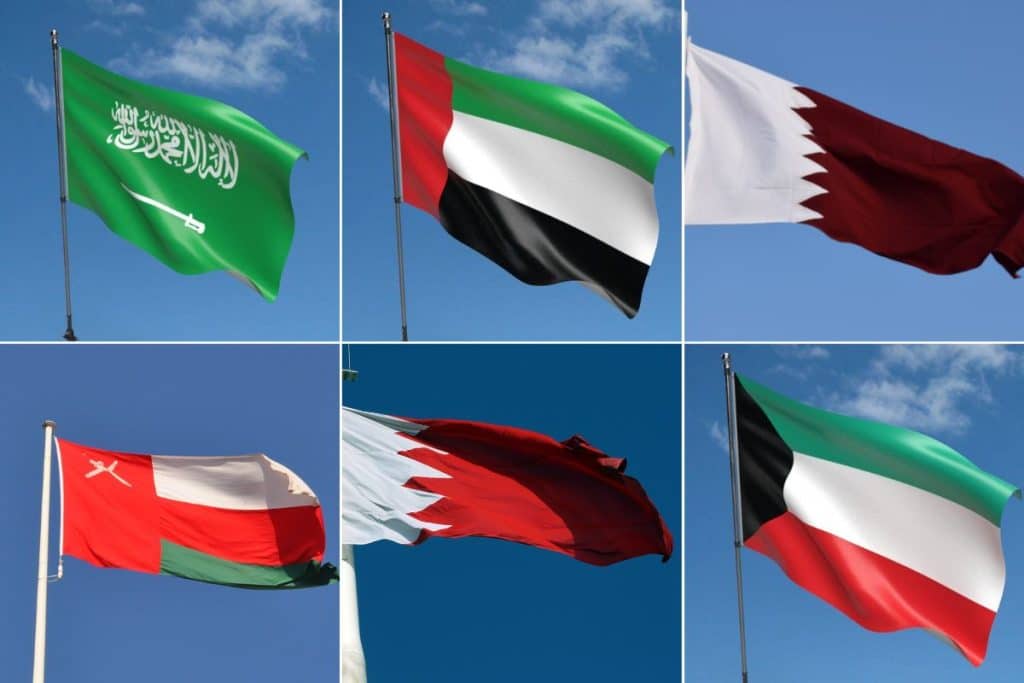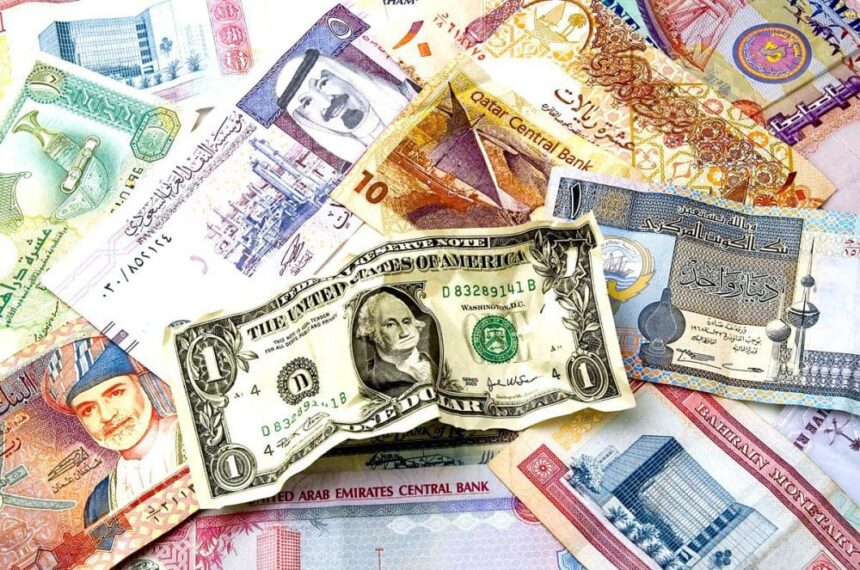It is likely that US tariffs only have small direct effects on the Banking environment of GCC, according to Fitch’s analysis.
However, indirect effects due to the lowest prices of oil and the weakest global economic activity, which could lead to government expenditure, will be key, Fitch said.
CCG exports to the US are dominated by hydrocarbons, which are exempt from tariffs. Exports not hydrocarbons, which face a 10 percent rate, or 25 percent for aluminum and steel, are relatively low, which limits the direct impact of tariffs on CCG economies and the banking operating environment.
US rates in the GCC
Waker’s lower oil and global demand prices are the main risks for GCC Banking Banking environments.
Government spending strongly affects banking operating conditions in most CCG countries, and a greater fall in oil prices could be carrying the growth forecasts of Fitch loans of the Banks of the Middle East Outlook 2025, published in December 2024, whose.
Fitch reduced its prognosis for the global GDP growth in March 2025 to 2.3 percent in 2025 and 2.2 percent in 2026, and the risks are inclined towards a more acute deceleration.
This could exert pressure on the world prices of basic products, particularly for hydrocarbons, which explain most government revenues in the CCG and the traditional economic activity of the base and bank sectors, through government spending.
Fitch Ratings said: “We believe that market balance and oil prices will be determined by global economic performance and OPEC+supplies management.
“OPEC+ had a great free capacity or around 6 million barrels per day (MMBPD) in January and indicated plans to start relaxing its production cuts since April.”
The base case of Fitch pre-tarifas was that the non-oil GDP for the GCC in aggregate would increase by more than 3.5 percent by 2025 and 2026.
However, the lowest prices of oil and budget revenues could lead to a marked reduction in non -oil economic activity and government spending, which would weaken the growth prospects for loans from CCG banks.
Credit conditions for CCG banks could also deteriorate whether companies operating in the affected sectors experience the profitability of waker and cash flow due to the highest operating costs and the result of tariff inflation.
Companies could also face greater debt costs due to uncertainty around interest rates and possible delays in fees.
The pressure on companies could sheets of the general credit demand and, ultimately, lead to a higher credit risk for banks and an increase in problematic loans.

Fitch added: “CCG banks are generally well located to absorb deterioration in the operational environment. Many banks have strengthened their capital shock absorbers in recent years, helped by solid gains in prices and higher interest rates of oil, good liquidity, strong economic activity and favorable credit conditions.”
The score of the operational environment of the GCC bank operation is the greatest risk of a downward review is that in Bahrain, where the score is ‘B+’/negative.
It is crowned by the sovereign rating of Bahrain (B+/Negative), which is the sovereign GCC rating more vulnerable to a fall in the price of oil due to the weak public finances of the country, the high load of the debt and the highest rating of the price of oil.
Banking environmental environment scores in other CCG countries have stable perspectives, except in Oman, where the perspective is positive.
These sovereigns have more robust credit profiles and higher grades (Saudi Arabia: A+/stable; EAU: AA/Stable; Qatar: AA/STABLE; Kuwait: AA/Stable; Oman: BB+/Final Fleability Coast and Therfectee Better Fordility and Restility, and you better stimulate economic activity.
Their banking conditions are more favorable, participulate in the EAU and Saudi Arabia, which have the highest operating environment scores (both ‘BBB+’/stables) in the GCC (Qatar and Kuwait: ‘BBB’.








